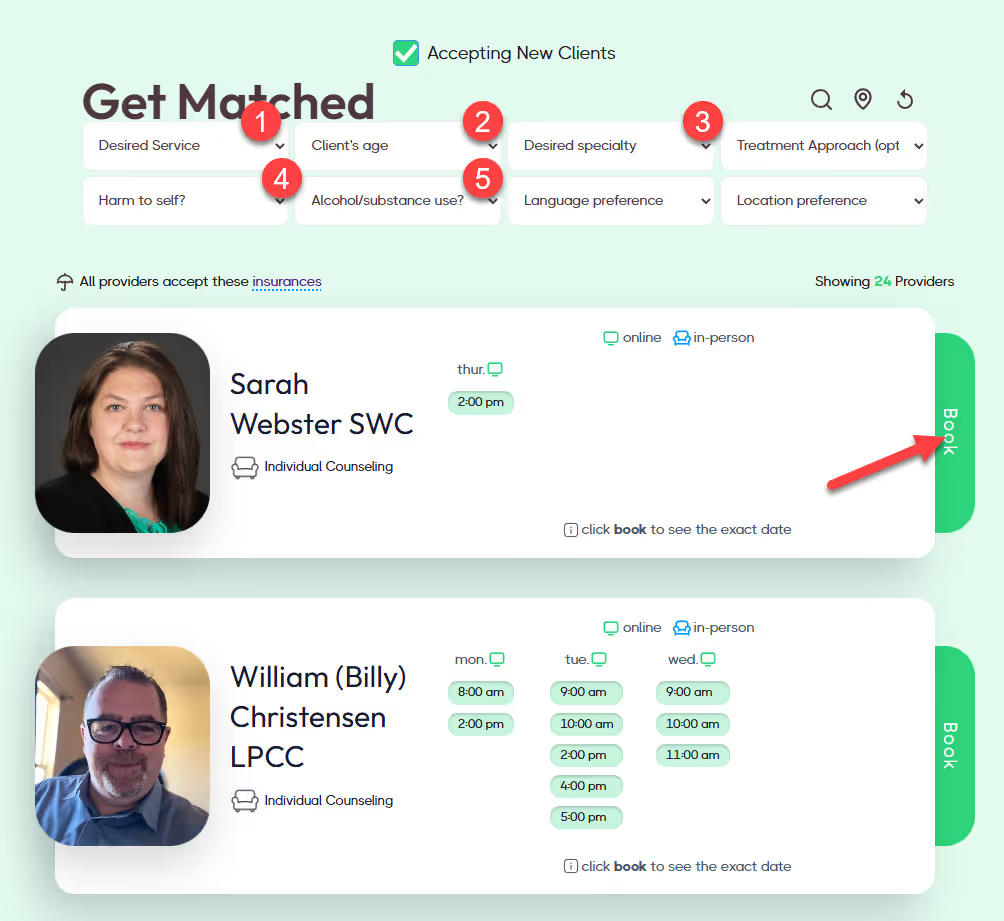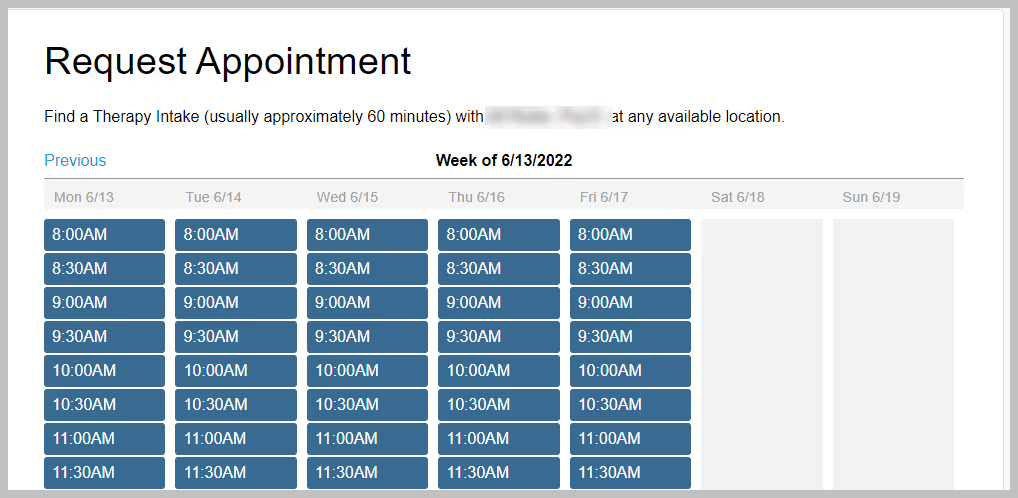Chronic pain affects every part of life. Our supportive counseling provides coping strategies, emotional support, and ways to reclaim comfort and control.
Book a SessionLiving with chronic pain can feel like being stuck in a never-ending rainstorm. It's exhausting, unpredictable, and can make it difficult to see the sun. The goal of counseling isn't to make the rain disappear entirely, but to give you a waterproof jacket and an umbrella so you can get on with your life. We work together to help you build coping skills, manage the emotional toll of constant discomfort, and empower you to live a more fulfilling life, even with the presence of pain.
When you're dealing with a physical issue, it's easy to focus only on the physical symptoms. But chronic pain is a full-body experience. It can be like a domino effect, where the physical discomfort leads to frustration, anxiety, and depression. A counselor helps you address the emotional side of the pain, teaching you to calm your nervous system, change the way you think about pain, and find a sense of peace. We believe that by working on your mind, you can have a powerful impact on your body.
Managing chronic pain is not about finding a magic cure, but about building a personalized toolkit to help you get through your day. We’ll help you find strategies to reduce stress, improve your sleep, and develop a more positive mindset. We'll also help you create a plan to get back to the things you enjoy, whether that's hobbies, spending time with family, or simply walking in the park. You can reclaim your life from the pain, and we're here to help you do it.
Yes! Chronic pain and sleep issues often go hand in hand, like two uninvited guests at the same party. The pain makes it hard to sleep, and the lack of sleep makes the pain feel worse. Counseling can help you address both issues. We’ll work together to help you relax your mind, develop healthier sleep habits, and find strategies to calm your body at night. By learning to manage your thoughts and feelings about pain, you can break the vicious cycle and finally get some rest.
Find the perfect specialist who gets you—and your needs—better than your favorite barista gets your coffee order.
Find the perfect specialist who gets you—and your needs—better than your favorite barista gets your coffee order.
If you are new to Overcomers (never booked a session) you can schedule your first appointment on our Directory!

If you are an existing client with access to the Client Portal already, and would like to schedule another session with your provider, follow these steps:


As an existing client, you have access to the Client Portal where you can manage all your appointments! To cancel an appointment, follow these steps:
When canceling and rescheduling appointments, please be mindful of our cancellation policy as you may be charged cancellation fees. Our cancellation policy states $110 will be charged if the appointment is canceled less than 24 hours in advance. If you can't make it to your in-person session, you can do a telehealth (over video) session. Please reach out to your therapist to switch from in-person to telehealth via Messages in the Client Portal.
If you do not have access to the Client Portal, you may complete this form to cancel your appointment.
Yes absolutely! You'll receive email and text reminders about your upcoming sessions.
The first step towards finding the right counselor is what we call 'Getting Matched.' Our Get Matched form will evaluate your needs and display a matching counselor or nurse practitioner that fits your needs. Answering these questions will help you narrow down your search to a few counselors who align with your needs.
We have multiple offices in:
View more details about these locations here.
Yes, absolutely!
Discover a comprehensive selection of mental health resources and articles tailored to meet your specific needs, providing valuable insights and support throughout your journey.
Embark on a journey through the diverse world of counseling specialties, each uniquely crafted to cater to your individual needs and aspirations. Whether you're seeking guidance for personal growth, relationship enhancement, or mental well-being, there's a specialty waiting to help you thrive.
Book a Session72 Specialties
We're thrilled to accept most major insurance plans, making it easier for you to focus on your well-being while we handle the paperwork.
Why wait? Book your spot now and decide if you want to meet face-to-face or screen-to-screen.
Get MatchedOur counselors are pros at turning challenges into growth. Ready to start your journey to a happier, healthier you? Let’s do this!